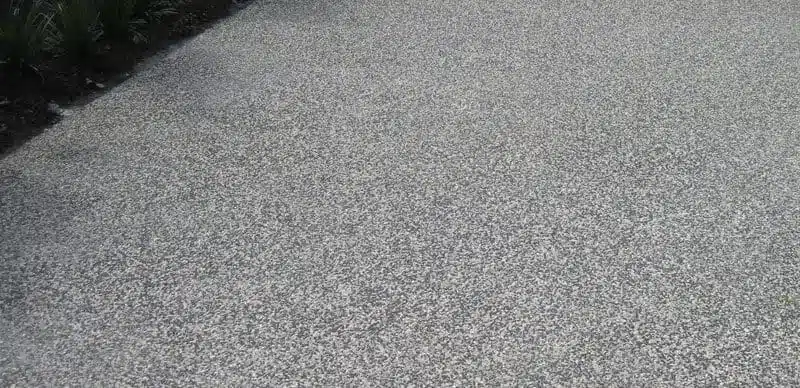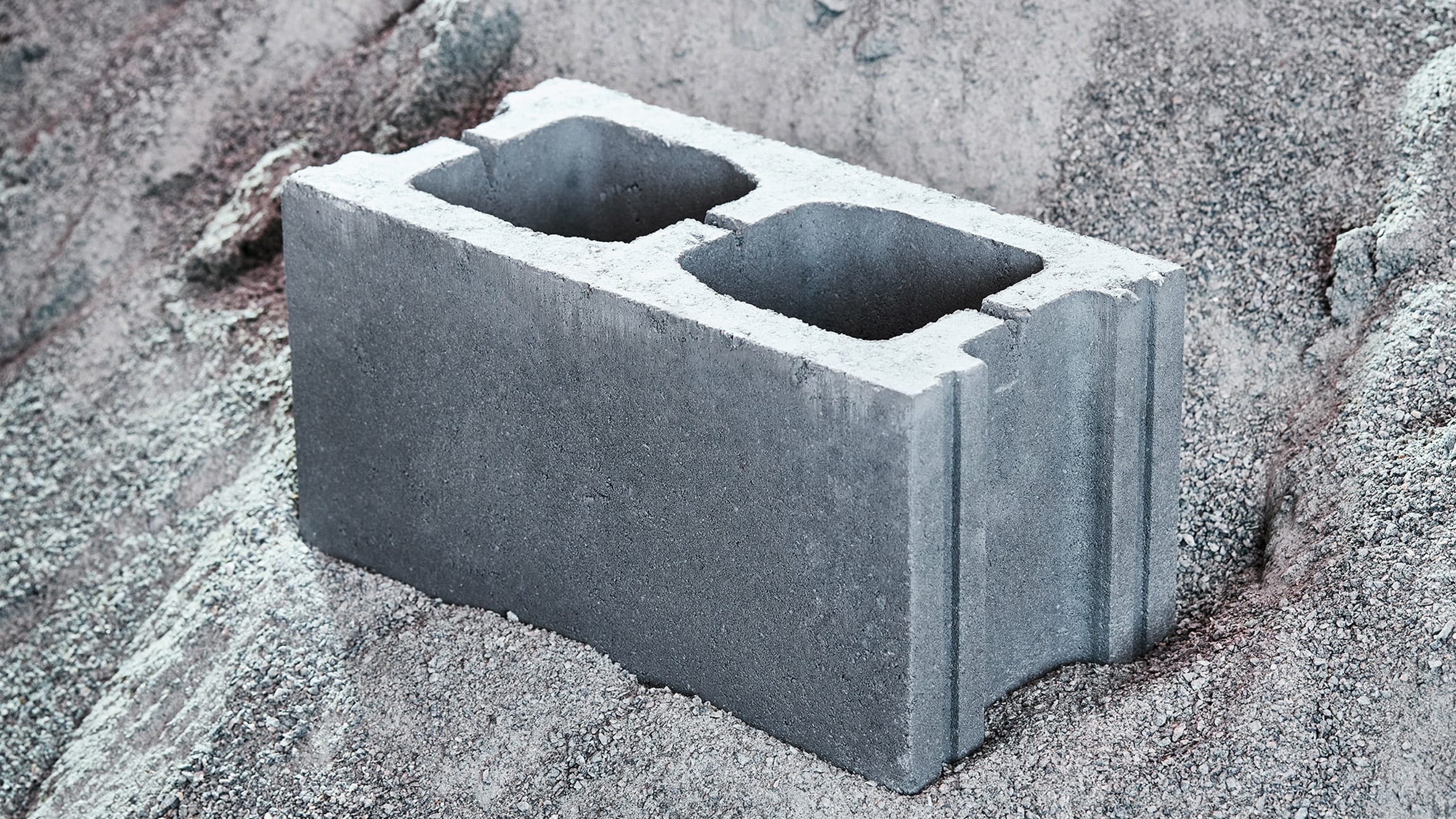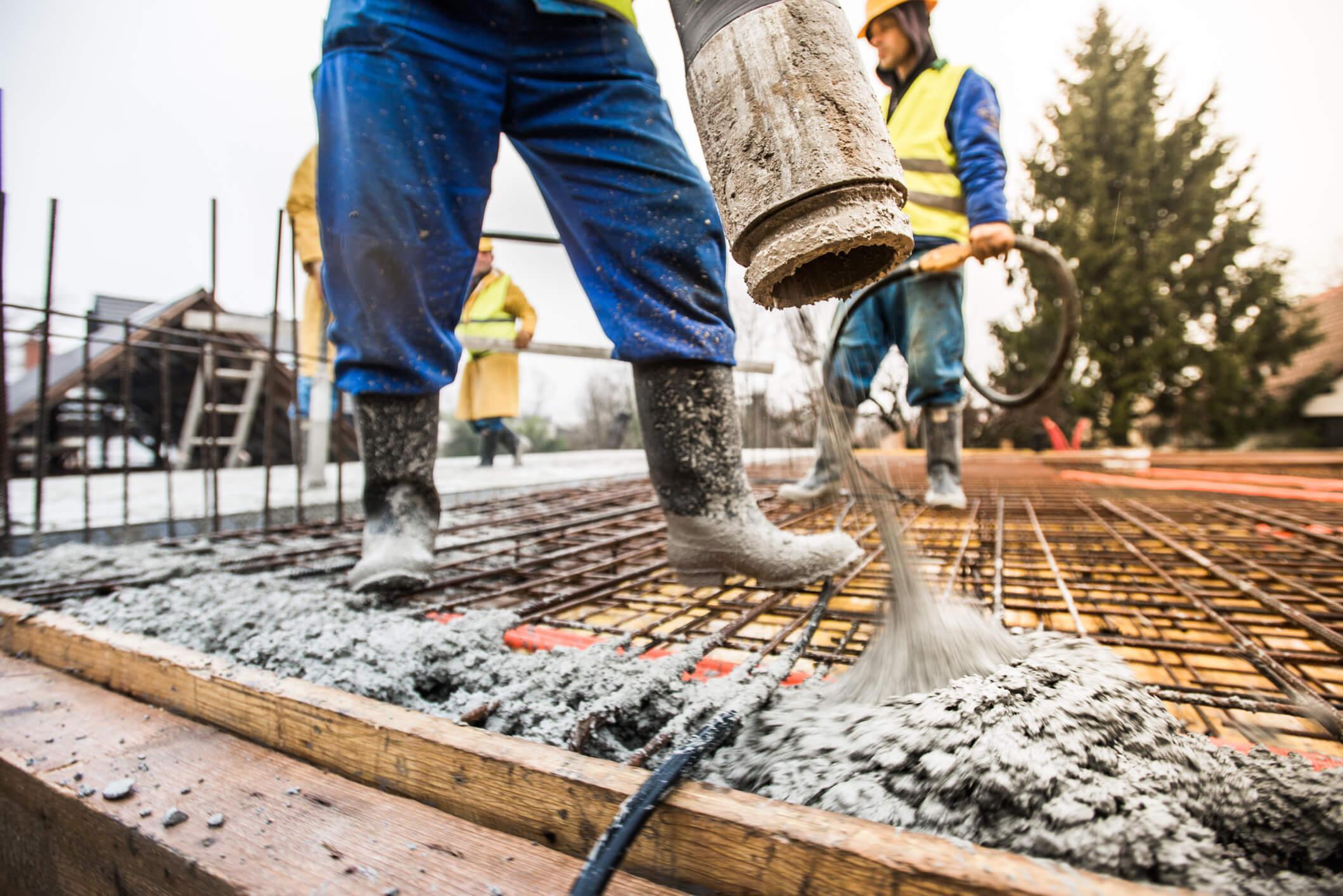Top Concrete Specialists: Trusted and Professional Concrete Work
Top Concrete Specialists: Trusted and Professional Concrete Work
Blog Article
Unveiling the Eco-Friendly Advantages of Using Recycled Concrete in Sustainable Building Practices
In the world of sustainable construction practices, the application of recycled concrete stands as an essential yet typically undervalued source. Beyond its standard applications, recycled concrete offers a myriad of environment-friendly advantages that expand far past the confines of traditional building materials.
Ecological Benefits
Undoubtedly, one of the most significant benefits of making use of recycled concrete is its positive influence on the setting. By including recycled concrete right into building practices, there is a substantial decrease in the requirement for new raw materials, bring about preservation of natural deposits. This procedure aids in protecting aggregates, water, and power that would certainly have been used in producing brand-new concrete. In addition, the use of recycled concrete diminishes the quantity of waste being sent to land fills, consequently minimizing environmental pollution and reducing the pressure on garbage dump abilities.

Furthermore, the manufacturing of typical concrete is a substantial resource of carbon exhausts because of the energy-intensive process of cement manufacturing. In comparison, recycled concrete has a reduced carbon impact as it minimizes the demand for new concrete manufacturing. This decline in carbon exhausts adds to mitigating environment adjustment and sustains lasting building methods. In general, the ecological advantages of using recycled concrete are significant and play a crucial duty in promoting environmentally friendly building and construction techniques.
Cost-Efficiency
Attaining cost-efficiency is a critical factor to consider when evaluating the utilization of recycled concrete in building projects. Among the vital advantages of utilizing recycled concrete is its cost-effectiveness contrasted to standard concrete. The production of recycled concrete entails less energy and sources as it makes use of existing materials, minimizing the total project expenses dramatically. Additionally, the accessibility of recycled concrete in your area can better lower transportation costs, making it an extra economical choice for building and construction tasks.
Furthermore, making use of recycled concrete can cause financial savings in land fill prices by drawing away concrete waste from disposal websites. This not just reduces the environmental impact however likewise removes the prices connected with waste elimination. Furthermore, the sturdiness and performance of recycled concrete are similar to conventional concrete, making sure that expense savings do not compromise the quality of the building.
Longevity and Toughness
Taking into consideration the significant cost-efficiency advantages of making use of recycled concrete, it is important to analyze its resilience and toughness in building applications. Recycled concrete deals similar, if not premium, longevity and stamina properties to standard concrete. With advancements in handling techniques and quality assurance, recycled concrete can satisfy or exceed the efficiency standards of standard concrete. The process of reusing concrete includes squashing, arranging, and screening old concrete to generate aggregates that can be used in brand-new construction tasks. These recycled aggregates are qualified of supplying satisfying compressive strength, toughness, and long-lasting efficiency.

Waste Decrease
Reliable waste reduction practices play internet a vital duty in the sustainable usage of sources within the building and construction sector. Waste decrease is a vital advantage that contributes significantly to environmental conservation when it comes to utilizing recycled concrete. Standard construction methods typically produce considerable quantities of waste, specifically in the form of concrete rubble from demolition sites. By integrating recycled concrete into building and construction projects, this waste is repurposed and diverted from garbage dumps, minimizing the total environmental effect of building and construction activities.
Recycled concrete not only helps in minimizing the quantity of waste that winds up in landfills but also preserves natural deposits by decreasing the need for new accumulated products. This process of waste decrease promotes a circular advice economic situation within the building and construction industry, where materials are recycled and recycled to develop a much more sustainable industry. Additionally, the usage of recycled concrete can cause cost financial savings for building projects, as it is usually a lot more budget friendly than sourcing and delivering new products. In conclusion, waste decrease through the use of recycled concrete is an important part of sustainable building and construction methods that profits both the building and the setting industry all at once.
Power Preservation
Energy conservation is an essential aspect of sustainable building methods, intending to lower the total energy consumption related to building operations and products manufacturing. When it concerns using recycled concrete in building, significant power savings are achieved contrasted to typical concrete production. The procedure of generating recycled concrete includes reusing and squashing existing concrete materials, which consumes less power than mining, handling, and transferring basic materials for new concrete production. In addition, making use of recycled concrete can aid lower the need for virgin aggregate, further decreasing the energy-intensive extraction and handling of natural deposits.
Verdict
Finally, the use of recycled concrete in lasting building and construction techniques supplies countless environmental benefits, cost-efficiency, toughness, toughness, waste reduction, and energy conservation. By integrating recycled concrete right into building and construction tasks, we can add to a more eco-friendly and sustainable future. It is important for the building and construction industry to check these guys out focus on making use of recycled products to help in reducing the ecological impact of building and construction activities.
One of the crucial advantages of utilizing recycled concrete is its cost-effectiveness compared to standard concrete.Furthermore, the usage of recycled concrete can lead to savings in garbage dump prices by diverting concrete waste from disposal websites. The sturdiness and efficiency of recycled concrete are comparable to traditional concrete, ensuring that expense financial savings do not compromise the top quality of the construction.

Report this page